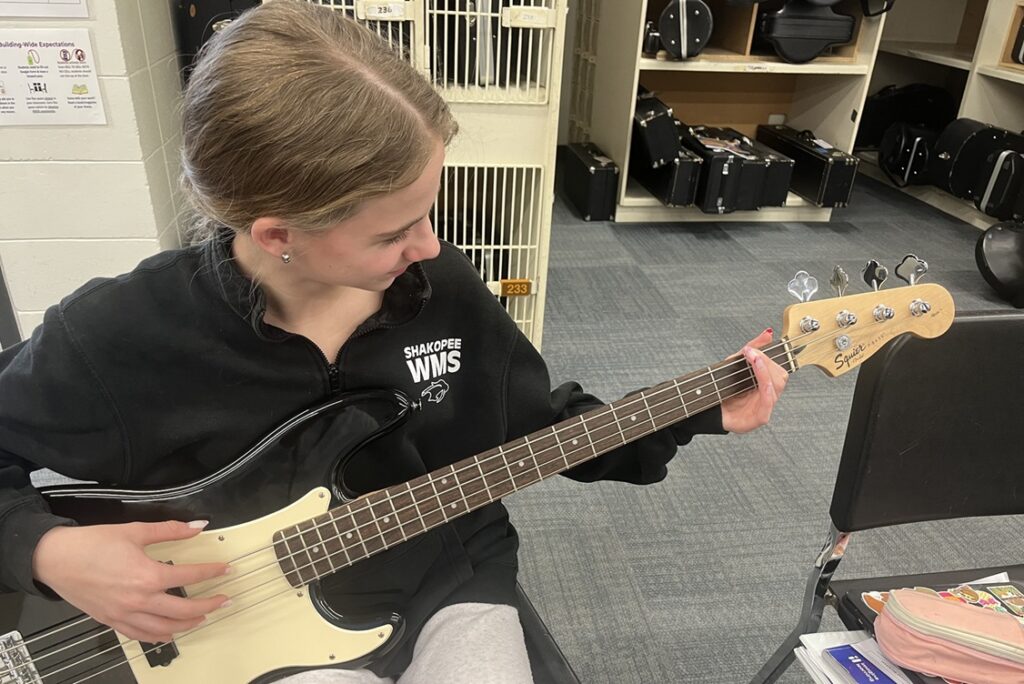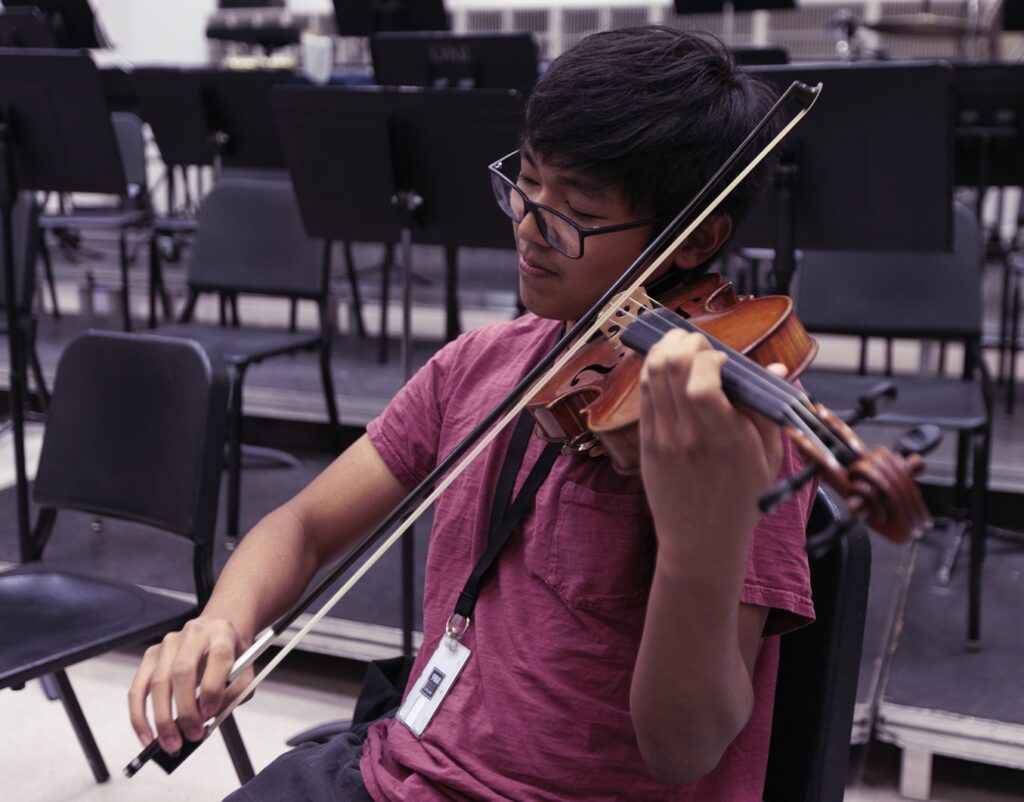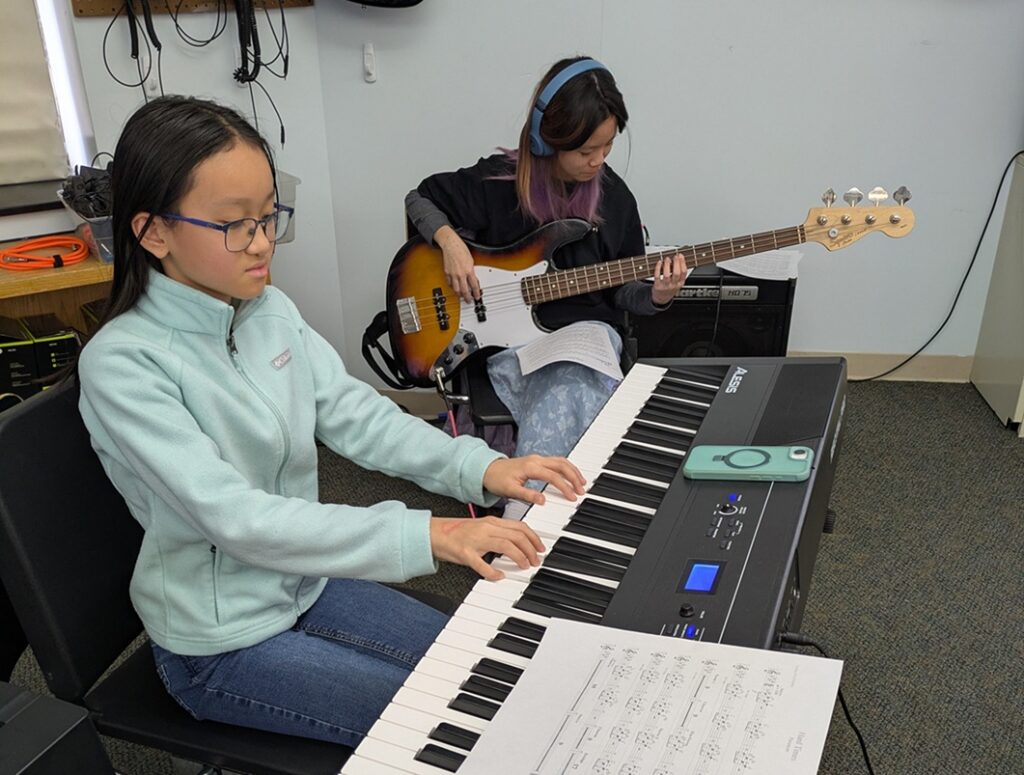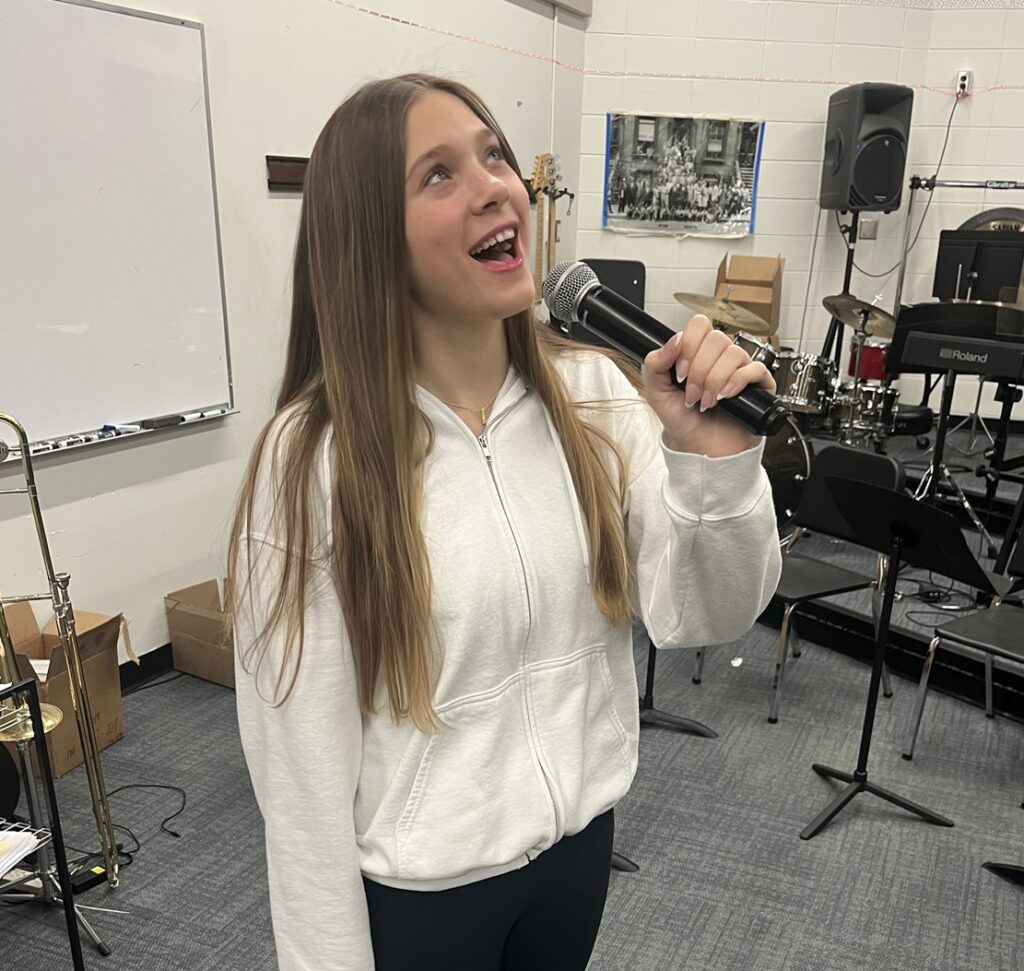Dealing with Difficult Band Parents
Develop finely tuned conflict-resolution skills when you must have difficult conversations with band parents.
Michael Stone has experienced interpersonal conflicts from both sides of the podium.
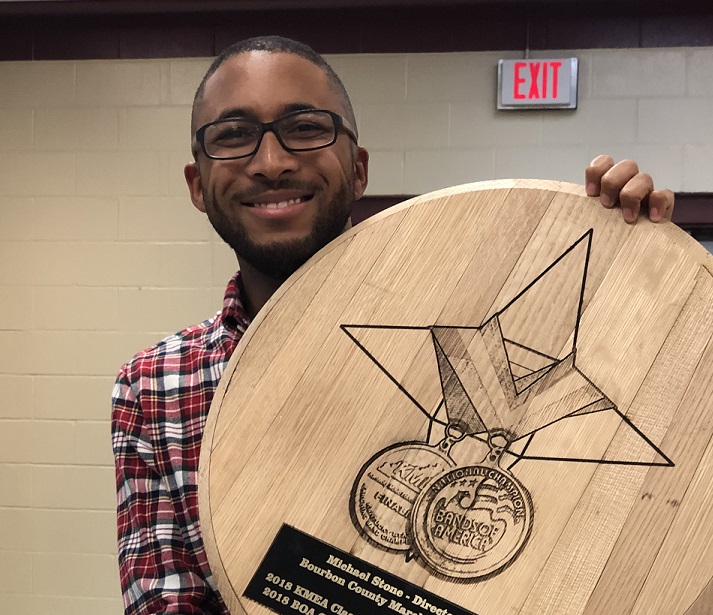 Now band director at Bourbon County High School in Paris, Kentucky, Stone remembers when he was a teen and his own mother regularly argued with his music teacher over topics as simple as the timing of meals during band trips.
Now band director at Bourbon County High School in Paris, Kentucky, Stone remembers when he was a teen and his own mother regularly argued with his music teacher over topics as simple as the timing of meals during band trips.
“My mom and my band director did not always see eye to eye,” Stone says. “She was usually one of those upset parents. I learned a lot watching my band director deal with my mom.”
Band directors work daily with students as well as with parents. Sometimes that level of togetherness can spark disagreements — between parents and directors and among parents themselves — that require finely tuned conflict-resolution skills.
Here’s what band directors should keep in mind when dealing with difficult conversations and relationships with caregivers.
Listen and Reflect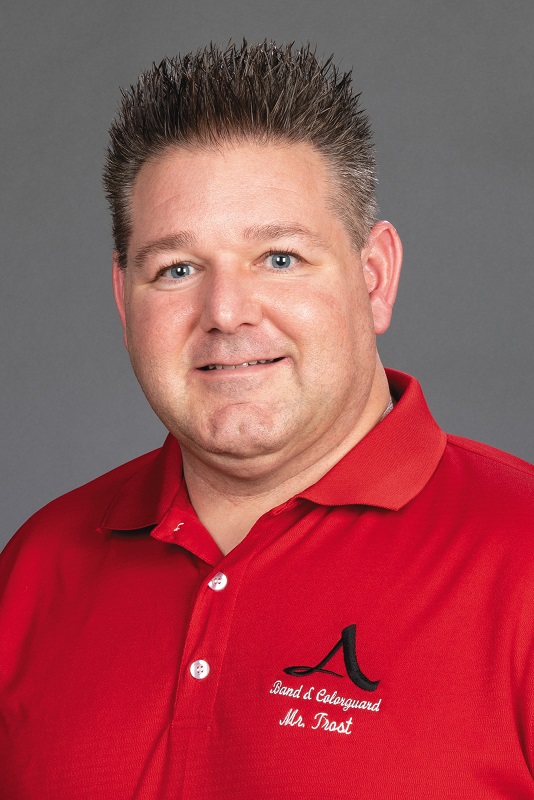
Listen before getting directly involved in a situation, says Tim Trost, director of bands at Ayala High School in Chino Hills, California. “Let them air their grievances,” Trost says. “Stay calm. Don’t get emotional. And don’t fire back because that will escalate the situation more.”
No matter what, bite your tongue. “Sometimes you just want to blow up and go off,” Trost says. “But you can’t. As a teacher, you have to remain calm and professional.”
Once you know all sides of the story, you’ll be in a better place to come up with a solution that both parties can agree to, Trost says.
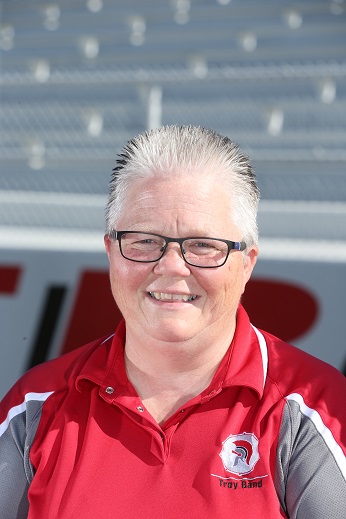 While feeling defensive is human nature when your policies are questioned, self-reflection is vital, says Kathy McIntosh, director of bands and music department head at Troy (Ohio) City Schools. When she was a young band director, McIntosh spent a lot of time reflecting on whether various questioned policies were fair.
While feeling defensive is human nature when your policies are questioned, self-reflection is vital, says Kathy McIntosh, director of bands and music department head at Troy (Ohio) City Schools. When she was a young band director, McIntosh spent a lot of time reflecting on whether various questioned policies were fair.
Now, three decades into her career, she’s fielded concerns about everything from chair placement and grading policies to drum major auditions. McIntosh recommends reaching out to trusted parents, mentors and professional groups to vet decisions that are causing concerns.
“Even if parents don’t like my policies, if they know that I’ve at least listened to what they’ve said and taken their thoughts into consideration, even if I don’t agree with them, at least they know they’ve been heard,” McIntosh says.
Hold a Meeting
Stone needed to handle several dust-ups with parents during one regional competition. Two parents didn’t like the mess students left. Another was angry she couldn’t sign out her daughter early. And other adults were drinking alcohol, violating school rules. During a different contest, parents were upset with each other after students were roughhousing.
After both cases, Stone held a meeting to hear the concerns and lay down the law.
Before meetings like these, Stone writes a script to cover all points. And once the meeting starts, he takes control. “I walk in and don’t let anybody else say anything at all,” he says.
Stone treads carefully between being bossy and informative. “Even when I’m trying to be in that authoritative role, I still treat people with respect,” he says.
Regular meetings with booster groups and their executive boards can also be used to head off concerns before tempers flare up. “Sometimes, if there’s an issue that needs to be brought up, we’ll bring it to the executive board, and we’ll discuss it and come up with a solution,” Trost says.
 Let Time Heal Some Wounds
Let Time Heal Some Wounds
Sometimes parents may not see the big picture — until later. Once after a subpar performance, Stone, then an assistant band director, listed the missteps to the students. All seemed fine as they headed back to the band room, but one parent pulled Stone and the head band director aside to complain about Stone’s critique.
Stone let him say his piece, but the parent was still angry when he left the office and didn’t volunteer for some time afterward. Eventually, he changed his tune. “Once he started seeing the growth in the performance quality throughout the season, he came back to me, and he said, ‘I understand what you were saying now,’” Stone says.
Find Your Allies
Some band parents will always have your back. “It’s really important to make sure that you have a handful of band parents who are 100 percent on your side about everything,” Stone says.
The booster president for Stone’s band regularly resolves parental concerns before they ever reach him. The complaints have ranged from conflicts between students to how Stone addressed a musician.
In other cases, band directors should seek guidance from school administrators, especially if they are young teachers who are getting pushback from much older parents. “The administration probably has a little bit of a pulse on the community and what’s going on,” McIntosh says.
Consider Compassion
Parents are the glue that keeps a marching band operating. “Without the parents’ support, we couldn’t do all the things we do here at Ayala High School,” Trost says.
Conflicts, misunderstandings and differences of opinion can happen for a variety of reasons. But often, says Stone, parents are simply passionate about their children and the music program. That’s why Stone’s mom, years ago, became so vocal about his band experience.
Those memories help temper his reactions when working with his students’ parents. “I have to realize that [band parents] just care,” Stone says. “And when I look at it that way, all these parents are like my mom. They just care.”
 This article originally appeared in the 2020N2 issue of Yamaha SupportED. To see more back issues, find out about Yamaha resources for music educators, or sign up to be notified when the next issue is available, click here.
This article originally appeared in the 2020N2 issue of Yamaha SupportED. To see more back issues, find out about Yamaha resources for music educators, or sign up to be notified when the next issue is available, click here.










